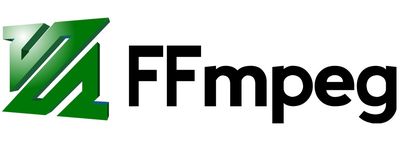


to see diagnostic information about FFmpeg detection. through ffmpeg-windows-build-helpers scripts. You can also choose Help > Diagnostics > Show Log. The site even has 64-bit binaries of the ffmpeg library UPDATE: Meanwhile its easier to build on/for Windows, e.g. button to obtain the correct library for your operating system. (Alternatively, if you are a really advanced user, you can of course compile from the source code available at http. Select either the Windows 32-bit or Windows 64-bit option under the Architecture heading and ensure you choose the Static linking option. If you still see "not found", you may have installed the wrong libraries. Download a pre-compiled version of FFmpeg from this link. Click Open then OK and OK again to close Preferences.įFmpeg Library Version should now show a set of three version numbers for the sub-libraries of FFmpeg ("F" for libavformat version, "C" for libavcodec version and "U" for libavutil version).Navigate to the folder that contains FFmpeg, and select the file avformat-55.dll.If the " Locate FFmpeg" dialog appears, click Browse.If a " Success" message indicates Audacity has now automatically detected valid FFmpeg libraries and asks if you want to detect them manually, click No, then OK to close Preferences You will be taken to an FFmpeg Builds page with some options for the version of FFmpeg that you want to download: Make sure macOS 64-bit is selected under.To do this, access Preferences then the "Libraries" tab on the left:Īs seen in the image above, the "FFmpeg Library Version" will say "not found". If you installed FFmpeg while Audacity was running, or if you installed FFmpeg to a non-default location, Audacity will ask you to configure Preferences to locate the FFmpeg library.


 0 kommentar(er)
0 kommentar(er)
